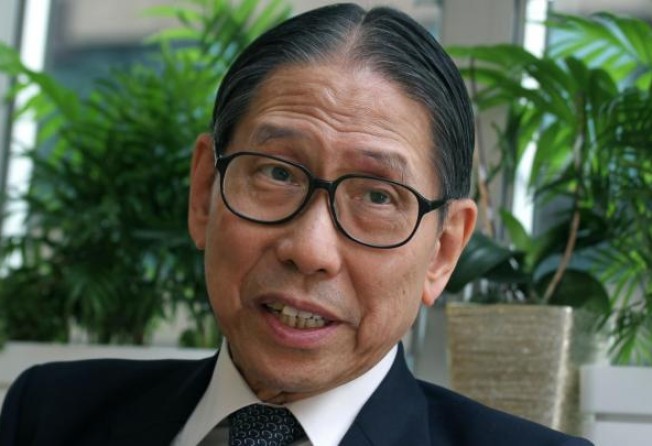HKU apologises after 254 dental patients put at HIV, hepatitis risk
University chief apologises after 254 patients were put at risk of infection because dental instruments were not sterilised properly

Hundreds of people who received treatment at the University of Hong Kong's dental clinic with equipment that had not been properly sanitised have been given a public apology by the university's council chairman, Dr Leong Che-hung.
The university has already contacted 237 of the 254 affected patients to have their blood tested. One hundred and forty-eight already had had their blood tested as of yesterday afternoon, a university spokeswoman said.
Dentists and doctors have said that the chances of an HIV infection is low, but hepatitis B poses a higher risk since the virus can survive on dental tools for up to a week.
"I was shocked," Leong said at a charity event. "To the 200 or more people affected, even if the tests show that they have not got any viruses, they will still be worried mentally. We will find out why it happened as soon as possible. This kind of incident definitely cannot happen again."
It was a serious issue that the medical tools were not properly sterilised, no matter what medical procedure it was, Leung said.
The 254 patients, including students, staff and their families, were treated between Tuesday and Friday at the clinic on the Pok Fu Lam campus. Some dental instruments were found not to have gone through all the sterilisation procedures.
The instruments had only undergone the first three steps of a four-step disinfection process.
The blunder was noticed by a nurse, who found the labels on some instruments were not the right colour, suggesting they had not been put in an autoclave - a type of pressure cooker used for sterlisation.
The president of the Dental Association, Sigmund Leung Sai-man, said using the autoclave was an essential step because it was the only way to kill viruses including HIV and hepatitis B.
The university has already set up a team to review the sterilisation procedure. The team is led by deputy vice-chancellor Professor Roland Chin and members include Professor Yuen Kwok-yung and Dr Kitty Chan, director of the university health service.
The university's vice-chancellor, Professor Tsui Lap-chee, said the team would also investigate the cause of the incident, and see if any staff had been negligent.
He said the last part of the four-step sterilisation process was to sterilise through using high temperature and pressure. However, the first three steps should have been enough to kill the viruses already, Tsui said.
The Secretary for Food and Health, Dr Ko Wing-man said that, in theory, the chances of patients becoming infected as a result of the incident were not high.